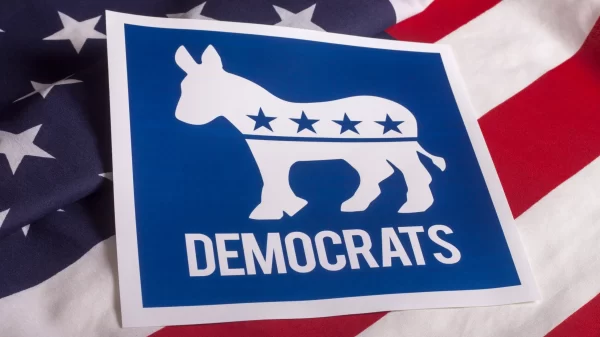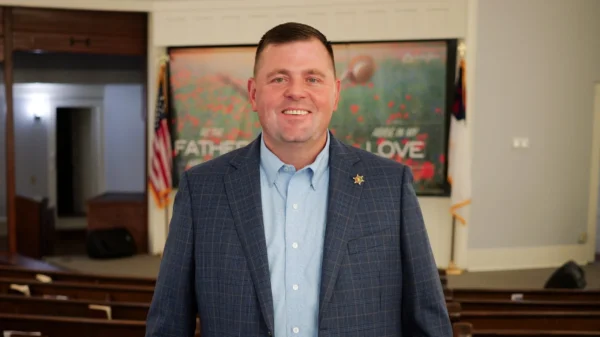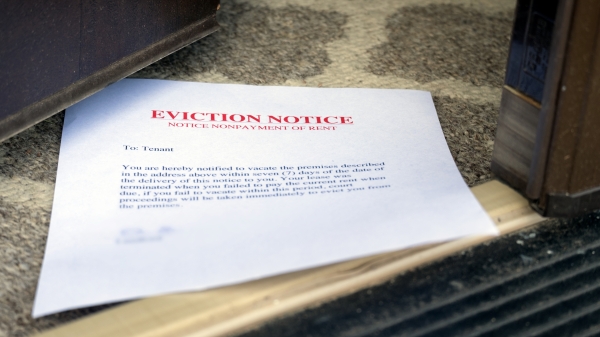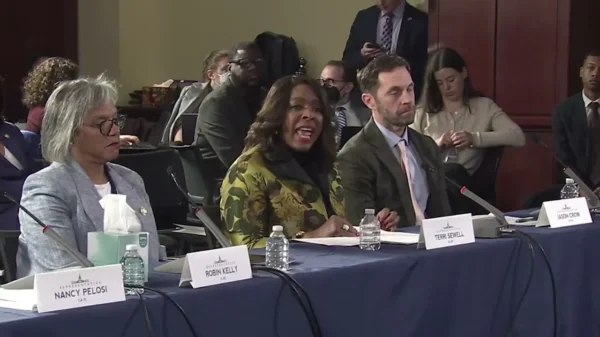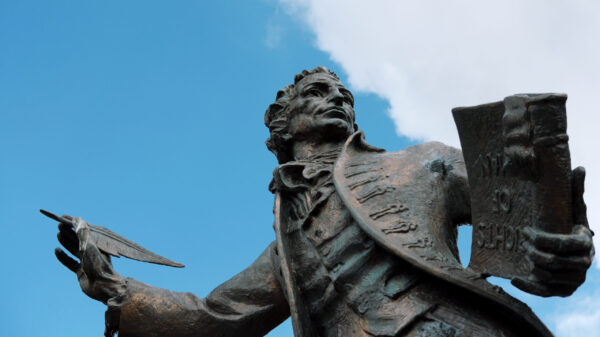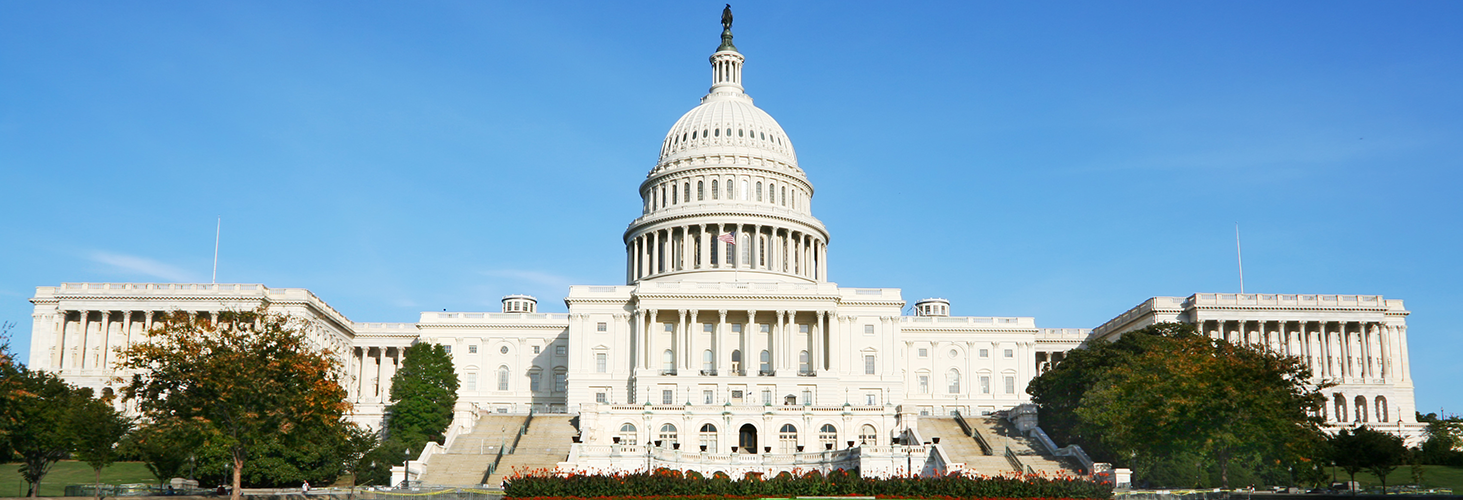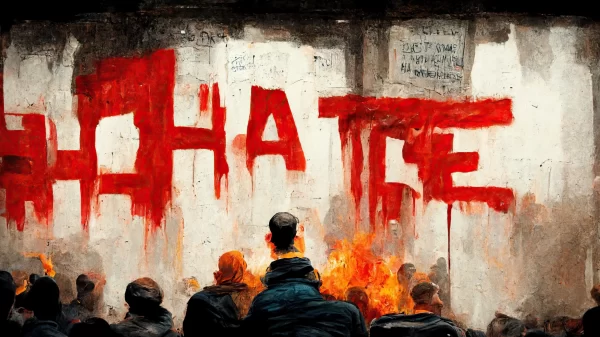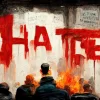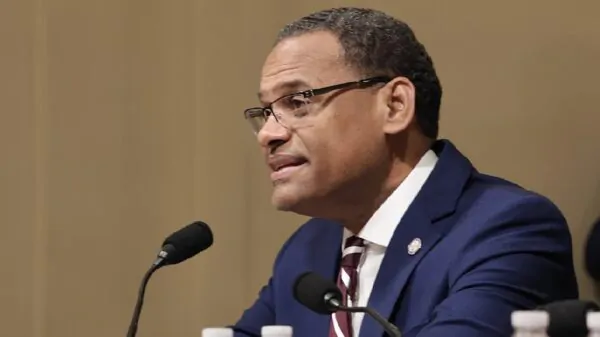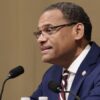By Brandon Moseley
Alabama Political Reporter
Monday, September 26, 2016, US Representative Bradley Byrne (R-Alabama) issued a written statement in response to the signing of a peace accord between the Colombian government and the Revolutionary Armed Forces of Colombia (FARC).
Congressman Byrne said, “The signing of the peace agreement is a huge victory for the people of Colombia and will allow the healing process to move forward. Colombia is a textbook example of how the United States can help promote peace and democracy through steady and focused diplomacy.”
Rep. Byrne cautioned, “Just because the agreement is signed, our efforts cannot and should not end. The United States must continue to stand with Colombia as they implement the agreement.”
Rep. Byrne has been a leading voice in Congress on issues relating to Colombia. Byrne visited Colombia to learn more about the economic, military, and diplomatic relationship between the two countries. In July, he spoke on the floor of the US House of Representatives in support of the peace process.
In 1964, the newly established communist Cuba, was seeking to export its revolution to other countries in Latin America. Cuban defense minister, Che Guevara, spearheaded this effort. One country where these revolutionary ideas found support was in Columbia. The Columbian Rebel Army (Farc) began then as the military wing of the Columbian Communist Party. That quickly escalated to open warfare to overthrow the Columbian government. They have been fighting ever since.
The Colombian government and left-wing Farc rebels have signed a historic agreement that formally would bring an end to 52 years of armed war. 260,000 people have died in the fighting, more been displaced, wounded or were kidnapped in the decades of fighting.
Farc rebel leader, Timoleon Jimenez, “Timochenko” apologized to “all the victims of the conflict. I would like to ask for forgiveness for all the pain that we have caused during this war.”
Guests dressed in white at the ceremony in Cartagena, to symbolize peace.
Farc rebels will lay down their arms and become a political party, if the people of Columbia approve the agreement.
President Juan Manuel Santos said, “Colombia celebrates, the planet celebrates because there is one less war in the world. We will achieve any goal, overcome any hurdle and turn our nation into a country we’ve always dreamed of: a country in peace.”
Timochenko said that the Farc are leaving armed conflict behind and moving in to peaceful politics.
“We are being reborn to launch a new era of reconciliation and of building peace. Let us all be prepared to disarm our hearts.”
President Santos and Timochenko used a pen made from a bullet to sign the deal. Under the terms of the deal comes after four years of talks in Havana, Cuba, between government and rebel negotiators. Under the terms of the agreement, Farc agrees to shut down drug production, lay down their arms and move its 7,500 remaining soldiers to disarmament zones set up by the UN Farc gets 10 seats in the 268 member Columbian Congress. The government has promised to aid farmers transition from growing narcotics crops.
UN Secretary General Ban Ki-moon, US Secretary of State John Kerry and Cuban President Raul Castro attended the signing.
Secretary Kerry promised $350 million in US aid to assist in the peace process, but said that the US is not yet ready to remove the Farc from its list of terrorist organizations.
When Communism collapsed in the 1990s, Farc lost Soviet aid. The rebel group then turned to the drug cartels for support. Ironically this is when the group had its greatest military successes. At its height in 2006, Farc occupied almost half of Columbia. A string of defeats in 2008 changed the situation on the ground and in 2012 peace negotiations began.
The peace agreement will now go before the people of Colombia for a vote of ratification.
Santos said that he was “very, very confident” that most Colombians will vote in favor of the deal.
“The latest polls say that between 65 percent and 70 percent of the people approve of the peace process.”
“If the people vote ‘No’ we will go back six years and continue the war with the Farc. That’s plan B.”
On Sunday, Colombia’s second largest rebel group, the ELN (National Liberation Army), announced a unilateral ceasefire until the referendum. The ELN has said that they would like to have leaders have their own separate peace process with the Colombian government.
Congressman Bradly Byrne is a member of the House Armed Services Committee and represents Alabama’s First Congressional District.
Original reporting by the BBC contributed to this report.




